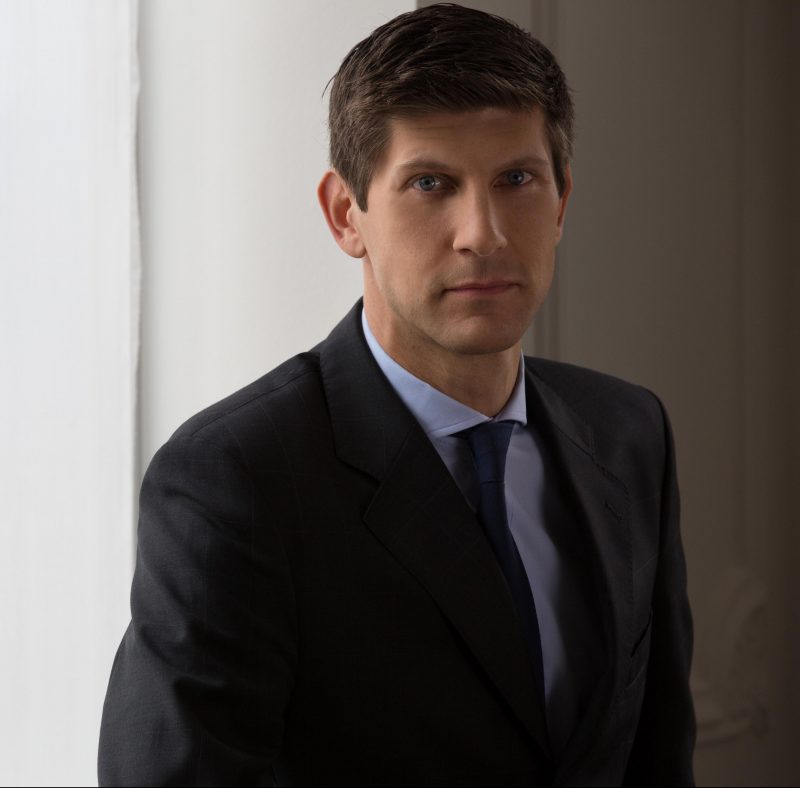From delivering services to creating unique experiences

Opinion piece on the Experience Industry by Benoit-Etienne Domenget, CEO Sommet Education.
For nearly two centuries, five-star hotels have been providing exceptional services, anticipating needs and customizing attendances to pamper guests and distinguish from competition. In today’s age of experience, more companies seek to adopt this model and create memorable brand experiences for their customers.
The evolution of hospitality experiences
The history of hospitality is characterised by the evolution of services: originally just a bed, hotels progressively offered more modern room amenities such as hot water, electricity, telephone, then TV and internet access which guests would enjoy at home. The epitome being luxury hotels: from their very inception, palace hotels were among the first to install elevators, escalators and swimming pools, introducing these new comforts to a larger public.
Throughout the 19th century, hotels experienced continued expansion and in the 1950ies, a new business model emerged in the US: the industry of chain hotels. Hilton was the first hotel company to introduce a multi-hotel reservations system and Sheraton the first chain to be listed on the New York Stock Exchange. The new chains offered quality reassurance while still placing product above service.
Since then, international tourist arrivals have increased from 25 million to 1.2 billion in 2015, and are projected to reach 1.8 billion by the year 2030. While relaxation and convenience defined mass leisure tourism, today’s travellers seek unique experiences and memorable moments that will endure long after they have returned to their daily lives. They want to interact with their environment, engage with locals and truly learn about a destination, making emotional connections with the people and places they visit.
Digitally personalised experiences
The next hospitality revolution happened in the digital age, with the internet empowering travellers to compare offers and prices of different hotels, fostering clarity and transparency. Online travel agents became the preferred booking tool, threatening hotels’ bottom lines while review platforms and social media supporting direct feedback and ratings had to be closely monitored. New sharing economy models provided a new accommodation experience, sometimes of unpredictable quality.
In response, hotels strengthened loyalty programs to retain guests and began recording data, including personal details and preferences to personalise their guest offer and create customised experiences. However, gaining relevant insights from data can be challenging and hotels should not lose sight of fulfilling basic needs in the process: sometimes a well-timed attention or a genuine interaction can do more for personalisation as all the customised digital communication combined.
In order to build skills spanning human interaction and digital distribution, Les Roches Global Hospitality Education is adapting in their academic offerings and approach to teaching: programs in entrepreneurship and innovation prepare students to excel and leave their mark among new travel & leisure realities.
The experience consumer
The term “Experience Industry” was coined by authors Joseph Pine and James Gilmore in an article published in Harvard Business Review in 1998 defining experiences as next-level services, engaging the customer emotionally to create a memorable event while adding value to the interaction.
Other industries are looking towards the hospitality industry to create more customer-centric experiences: The global luxury industry, accounting for yearly spendings in excess of USD 1 trillion has seen a shift of focus away from the luxury product towards experiencing luxury as a whole as identified by Boston Consulting Group. This has led to some of the world’s most popular luxury brands foraging into hospitality, opening hotel properties and launching concept stores with F&B operations and event spaces to create experiences for a younger generation.
Due to this increasing demand, Glion Institute of Higher Education, a leading hospitality business school with campuses in Switzerland and London established an undergraduate track combining hospitality and luxury brand management, preparing students to join this aspiring sector and create the personalised experiences of the future.
Demand for experience skills
The World Travel & Tourism Council expects the industry to support an additional 90 million jobs in the next ten years. Apart from their product offer, which must consistently deliver on brand promise, continuously improving execution, and utilising technology as an enabler, hospitality and luxury brands need to focus on hiring the right skills. To ensure the relevance of curricula and the success of graduates in the marketplace, there should be a constant exchange with hospitality schools.
The unique Swiss model of hospitality education combines operations with business management through its unique balance of practical and theoretical courses, complemented by mandatory internships. An international environment with students from over 90 countries with different cultural backgrounds living the Swiss values of rigor, discipline, quality and innovation nurture professional and personal development and transmit the combination of soft skills that the industry demands.


